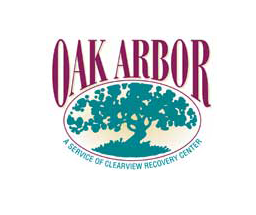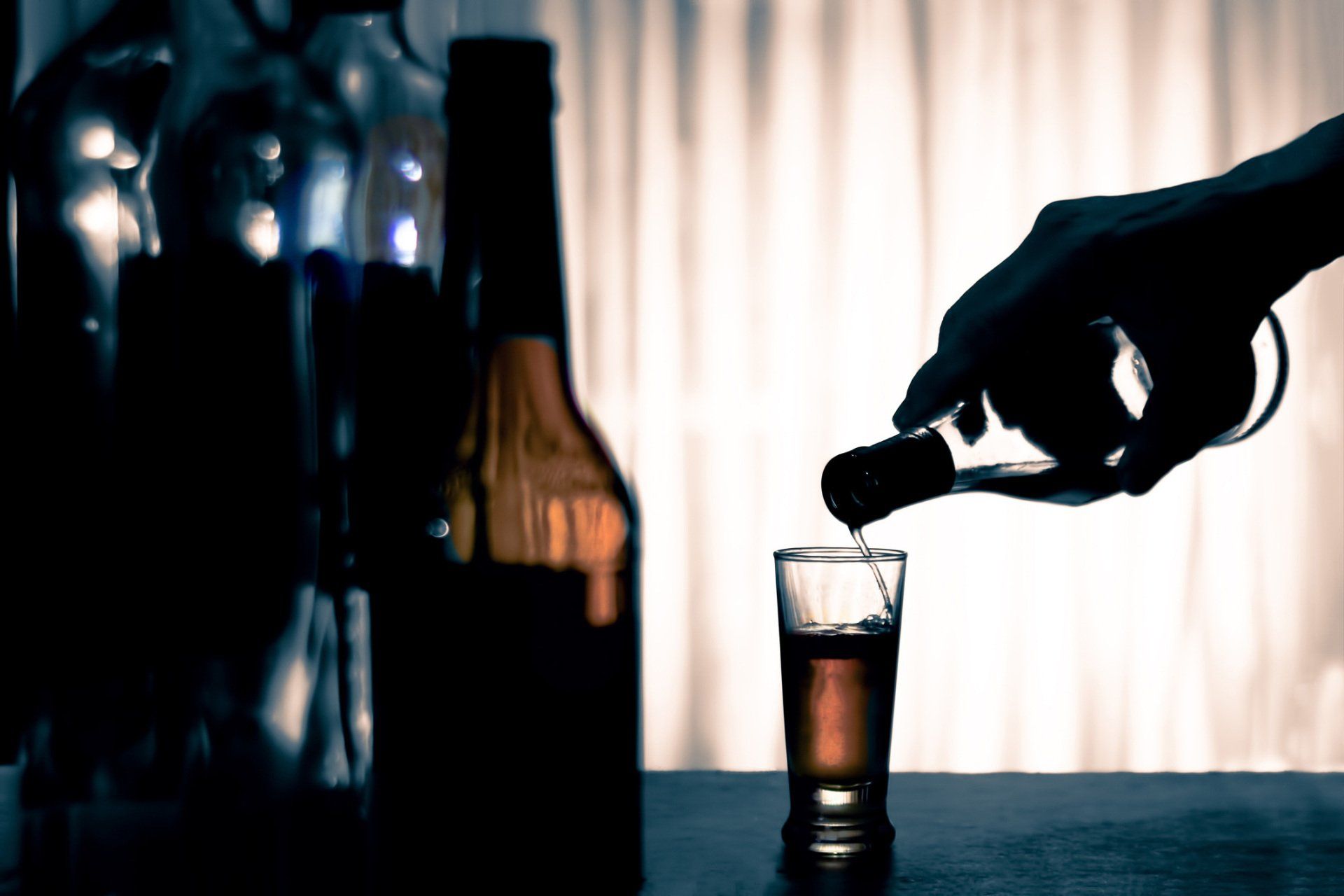Oak Arbor
4507 Highway 49 South
Hattiesburg, MS 39401
Phone: 601-545-2925
Toll Free: 888-291-0646
General Information: info@oak-arbor.com
Latangelia Howard,
Business Office Representative:
Referral Coordinator:
VA Grant Per Diem Coordinator:
Business Hours: 24/7
What Are the Phases of Addiction Treatment?
- By Admin
- •
- 09 Jul, 2019
- •

For many people, recovery after drug and alcohol addiction is a difficult but necessary next step in life. Entering a recovery program is the first step toward a better life. The secret of an effective treatment program is often to work through the phases, taking time to work through difficult times, improve mental health, and physically detox.
Remember that recovery and addiction look different for each person. Everyone takes a different length of time to recover. With this in mind, here are the phases you should expect to undergo in addiction treatment.
Remember that recovery and addiction look different for each person. Everyone takes a different length of time to recover. With this in mind, here are the phases you should expect to undergo in addiction treatment.
Phase I: Adjustment
The initial phase of any addiction treatment program is all about adjusting to treatment and stabilizing. Individuals entering this phase of treatment are often just beginning to make a commitment to treatment, and this can be a very difficult time.
One of the biggest components of the first phase of treatment is getting started with 12-step meetings through programs like Narcotics Anonymous (NA) and Alcoholics Anonymous (AA). These 12-step programs offer many benefits, including a supportive group of people who are going through some of the same things.
Individuals in therapy at this time may also obtain sponsorship, often through another member of NA or AA. Sponsors provide emotional support and guidance, and they answer questions that often arise in the early phases of treatment and addiction recovery.
During this phase, patients are often still detoxifying from substances. Ultimately, this can be a difficult experience that can be a major roadblock.
Finally, people in this phase of treatment often find it helpful to have full-time employment because it provides a distraction from many of the factors that could ordinarily lead to drug use. It also provides a great way for someone to get back on their feet if need be.
One of the biggest components of the first phase of treatment is getting started with 12-step meetings through programs like Narcotics Anonymous (NA) and Alcoholics Anonymous (AA). These 12-step programs offer many benefits, including a supportive group of people who are going through some of the same things.
Individuals in therapy at this time may also obtain sponsorship, often through another member of NA or AA. Sponsors provide emotional support and guidance, and they answer questions that often arise in the early phases of treatment and addiction recovery.
During this phase, patients are often still detoxifying from substances. Ultimately, this can be a difficult experience that can be a major roadblock.
Finally, people in this phase of treatment often find it helpful to have full-time employment because it provides a distraction from many of the factors that could ordinarily lead to drug use. It also provides a great way for someone to get back on their feet if need be.
Phase II: Flexibility
After the initial weeks of getting situated, your treatment plan may change a bit. Often, treatment allows for more flexibility at this time, and you may have found that you are moving in swing with a healthy schedule.
Your social life may change a bit during this phase. You may have more freedom to socialize than in the previous phase, but at the same time, you do not want to revert back to a social life that involves coping mechanisms like substances.
Your social life may change a bit during this phase. You may have more freedom to socialize than in the previous phase, but at the same time, you do not want to revert back to a social life that involves coping mechanisms like substances.
Phase III: Confronting
In this phase of treatment, you will become more independent. You may have more freedom from 12-step programs and therapy, though those will still play an essential role in your recovery program. Therapy will play an important role as well. It will ensure that you recover by confronting the underlying issues of addiction.
Maintaining 12-step meeting attendance is crucial during this time. Your meetings provide ongoing social support, but they also ensure that you have lifelines and resources as you move toward more independence and perhaps more social pressures.
Maintaining 12-step meeting attendance is crucial during this time. Your meetings provide ongoing social support, but they also ensure that you have lifelines and resources as you move toward more independence and perhaps more social pressures.
Phase IV: Independence
In the final phase of treatment, you will grow even more independent. This phase requires that you maintain a strong relationship with your sponsor, who can help you work toward increased flexibility and a life that feels more similar to your life before recovery - but better!
Aftercare
Aftercare is just as important as any other part of treatment. Relapse is still a possibility for many people who have gone through an entire recovery program. As a result, you should stay up to date with treatment options available to you.
During aftercare, you should continue to attend meetings so you have a solid support group when you go through a difficult time in the future.
Oak Arbor offers a variety of treatment options for people who want to overcome addiction. We offer experienced staff members who understand the impact addiction can have, and we ensure all your needs are met while you are with us. Call today to set up an appointment with a professional.
During aftercare, you should continue to attend meetings so you have a solid support group when you go through a difficult time in the future.
Oak Arbor offers a variety of treatment options for people who want to overcome addiction. We offer experienced staff members who understand the impact addiction can have, and we ensure all your needs are met while you are with us. Call today to set up an appointment with a professional.
You might not know whether a loved one struggles with addiction unless you recognize the symptoms of such a problem. Take a look at four potential signs.
Do you struggle with addiction, or do you know someone who does? If so, read our blog to learn about four commonly asked questions about addiction.
Some individuals have a naturally high tolerance to particular drugs, while others develop tolerance over time. Learn more about this phenomenon.
If you can't sleep either without chemicals or because of them, learn about the relationship between substance abuse and sleep problems.
Does your substance abuse comes from personality or inherited proclivity? See three key points that can help you understand the genetic side of addiction.





